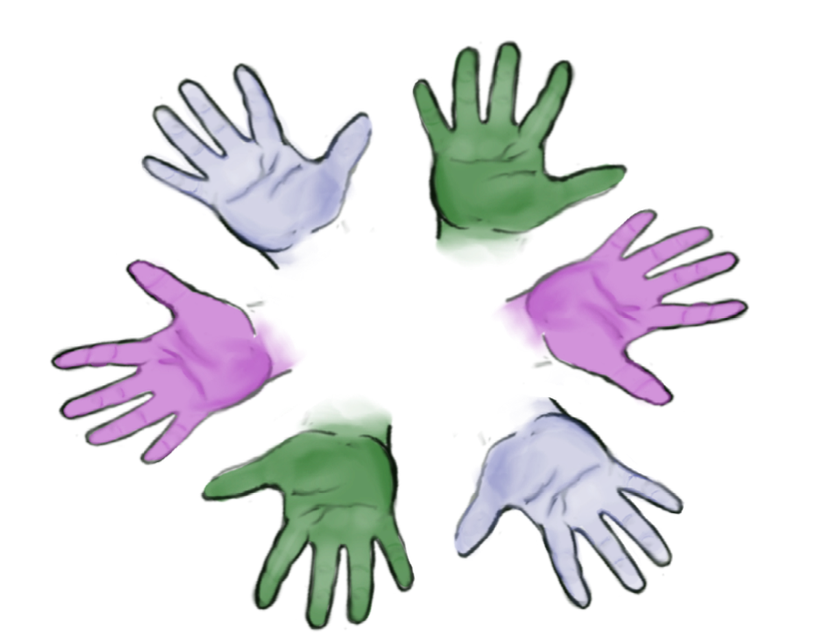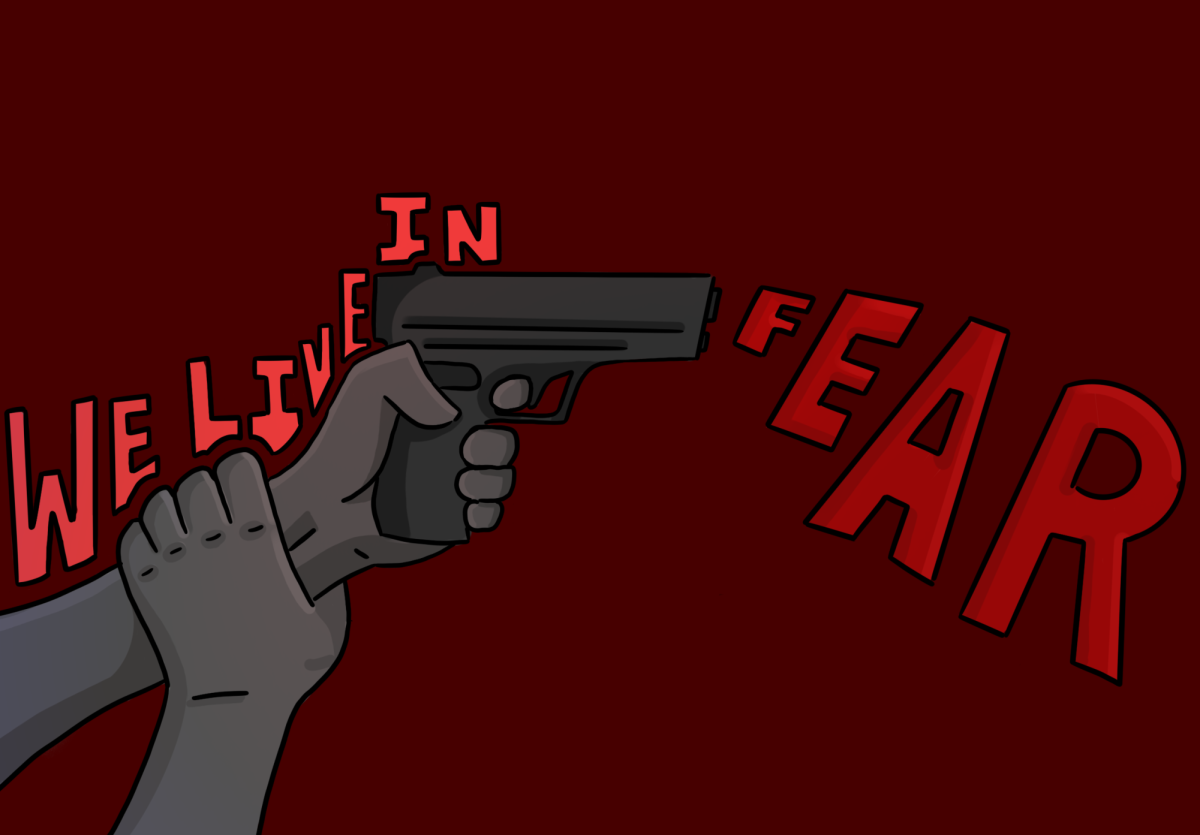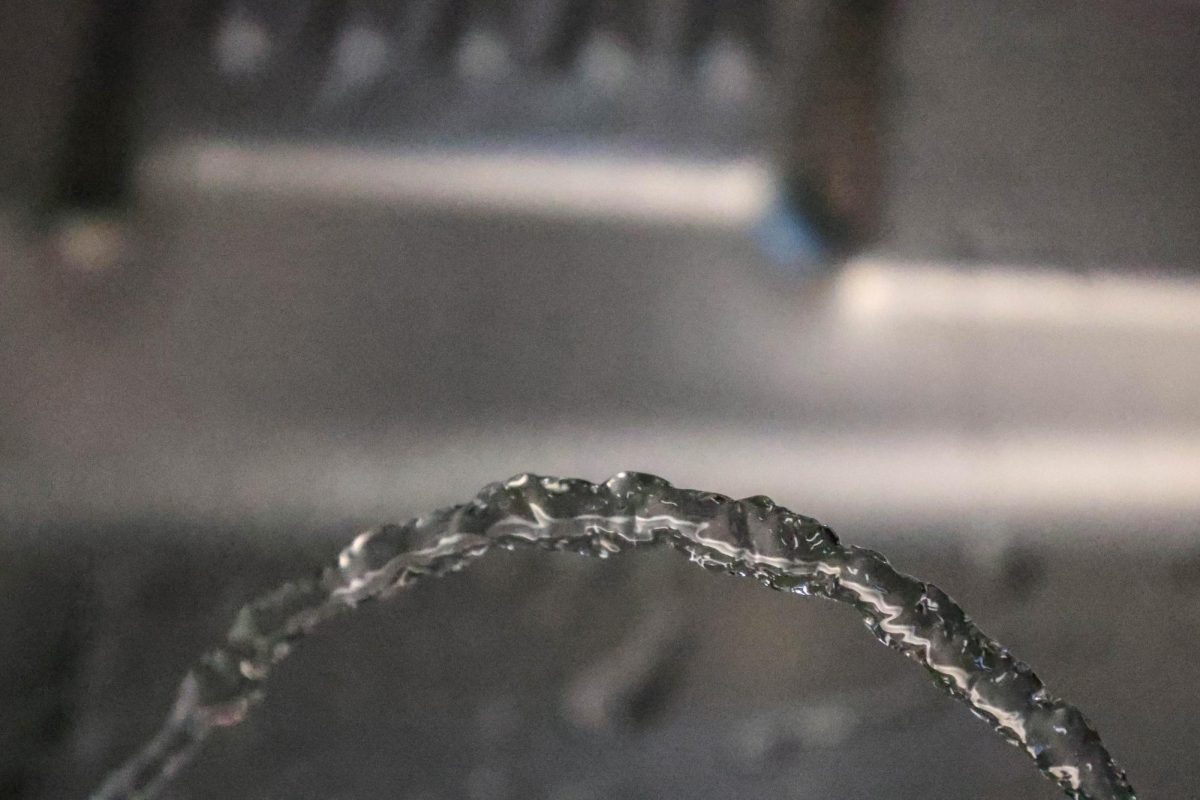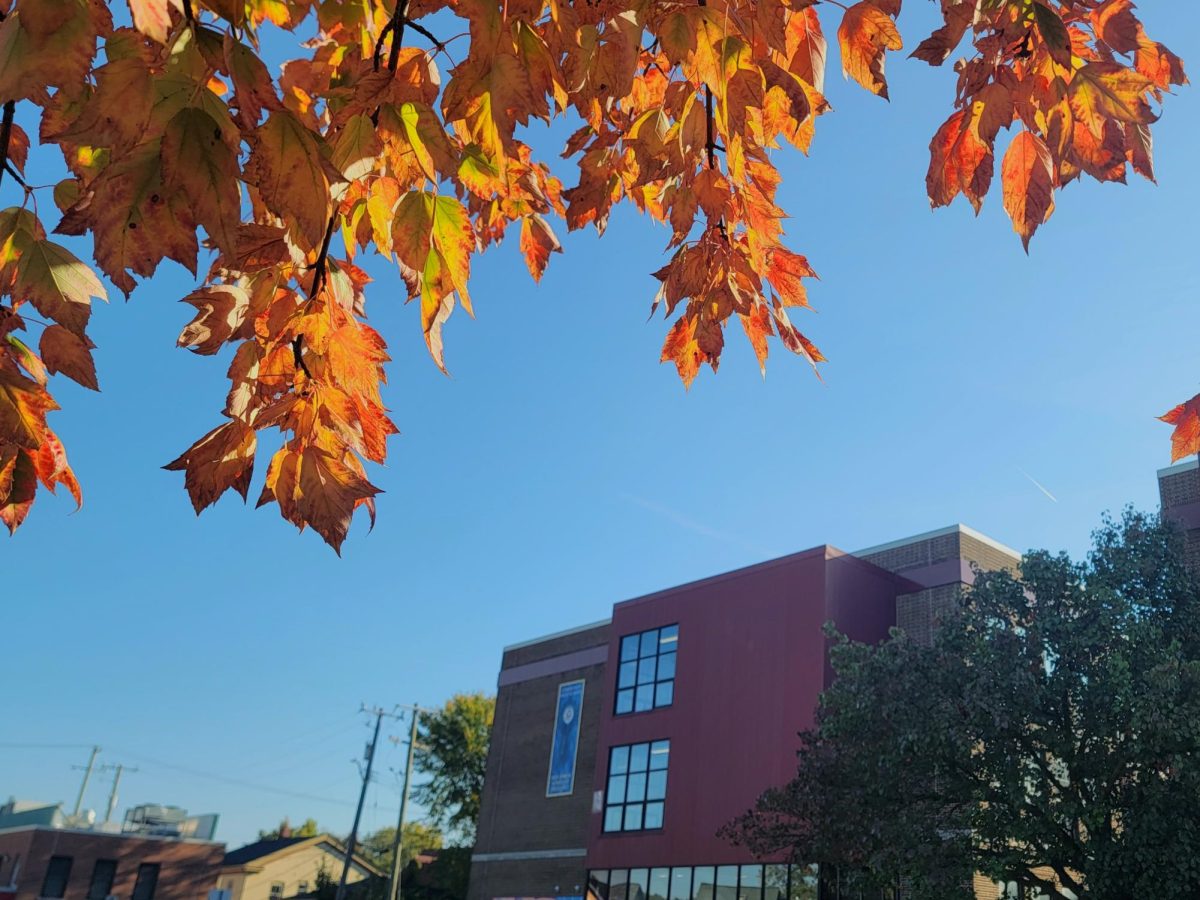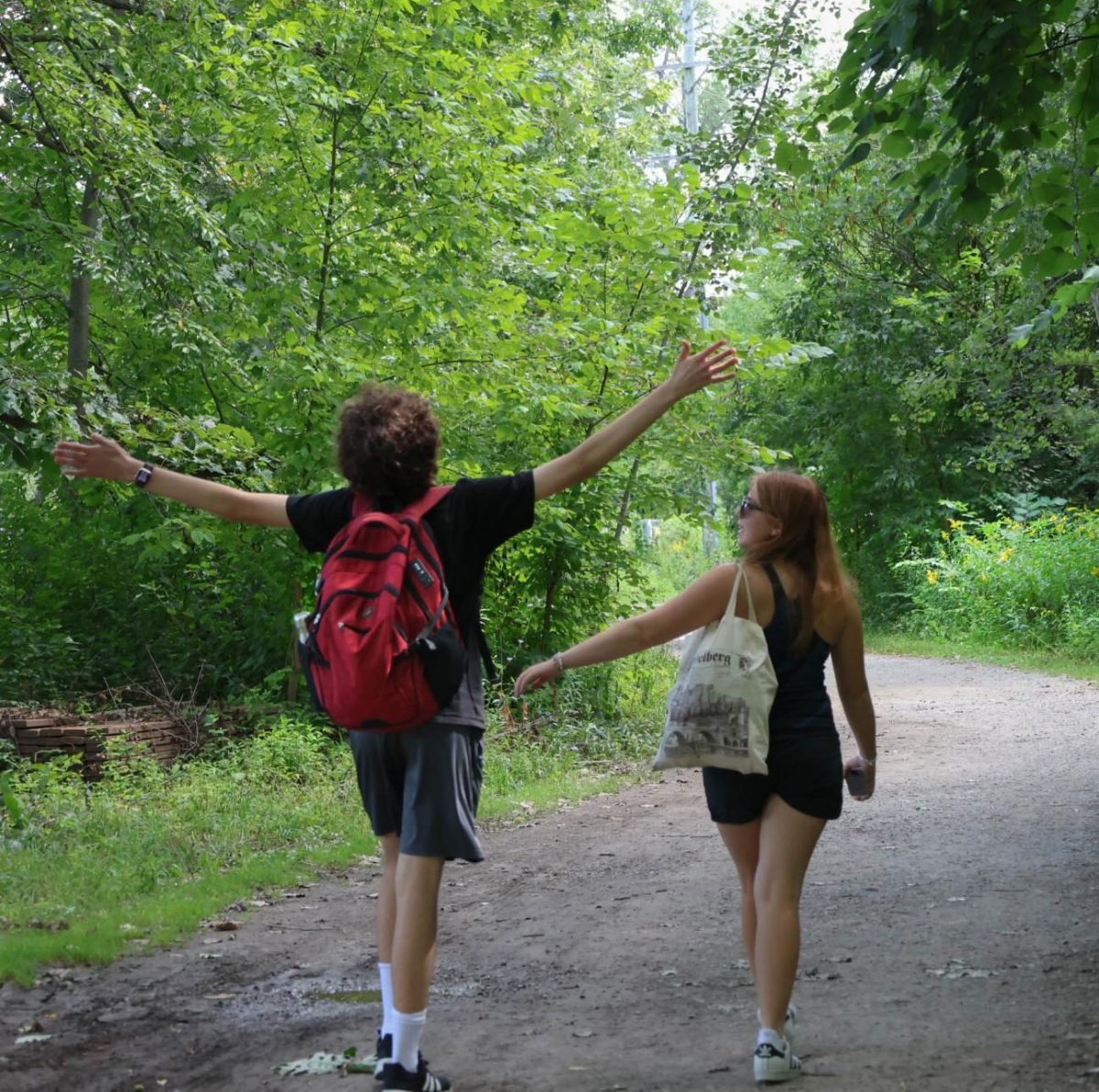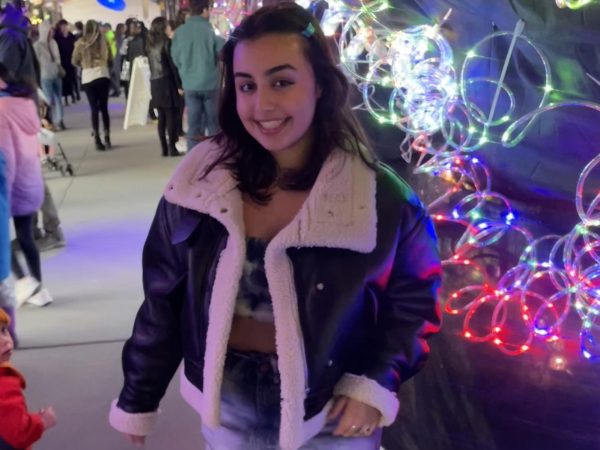Our communities force us to be less selfish. In a highly individualistic society, it can be difficult to understand this model of thinking. It is true that isolation plays an important role in cultivating a deeper understanding of ourselves. However, the act of existing within a web of people that share a common identity is essential to understanding yourself within the context of the world. In a more collectivist society, such as India, commu- nity is baked into the culture. Households commonly combine nuclear families with extended relatives and parents. Family goes beyond blood relation and instead seeps into every aspect of daily life.
According to a study done by the National Library of Medicine, “Indian society is collectivistic and promotes social cohesion and interdependence. The traditional Indian joint family, which follows the same principles of collectivism, has proved itself to be an excellent re- source for the care of the mentally ill.”
Some of my own relatives from India have decided not to immigrate to the U.S. largely because they are afraid to lose that sense of community. In a collectivist society, interdependence is an expectation.
The phrase “it takes a village” is often lost on the U.S family structure. Having a safety net is so important to us as humans, in all walks of life. That is why finding community in your life matters. Learning what it means to lean on someone for support and give yourself up to support them makes us more selfless.
American individualism makes people more selfish. Their society doesn’t accept support from others in the same way, and in turn they also don’t offer that support back.
Sometimes having community shoved down your throat from a young age can stunt individual growth and develop a sense of self. That is why it is our respon- sibility to seek our own communities. This may mean
your close group of friends or a network of people who share common goals, interests or spaces. Whatever form it takes, humans need to need each other. According to a report by the U.S. Department of Health and Human Services, companionship decreased 14 hours a month and social isolation increased 24 hours a month from 2003–2020. Even pre-pandemic, Americans were strug- gling to find community in their lives.
Though it’s vital to give yourself to a community, it’s equally important to identify the disadvantages. Many communities, including my Indian community, need to respect my boundaries. The distinction to make is that I must set boundaries for my health and well-being rather than those that preclude me from fully immersing my- self in the community.
Different communities also include different bound- aries. For example, my relationship with my Indian fam- ily and community includes sharing food, traditions and culture. In the Indian community and many other immigrant communities, there is a large focus on creat- ing a successful livelihood in this country. I often watch my grandfather refer patients to other Indian doctors, partially because there is a strong reciprocity and inter- dependence within the community. At the same time, there are some aspects of myself that I don’t typically share with my Indian family and community, due to the stigmas attached to certain identities. There are oth- er boundaries in other communities. In workspaces, it’s necessary to set boundaries within personal time. What- ever the community may be, boundaries are a key aspect to preserving your own identity and well-being within the space.
The important thing is that we must engage in our communities, and there are many ways to do so. Set- ting boundaries in our communities, and branching out across different communities makes us empathetic.



